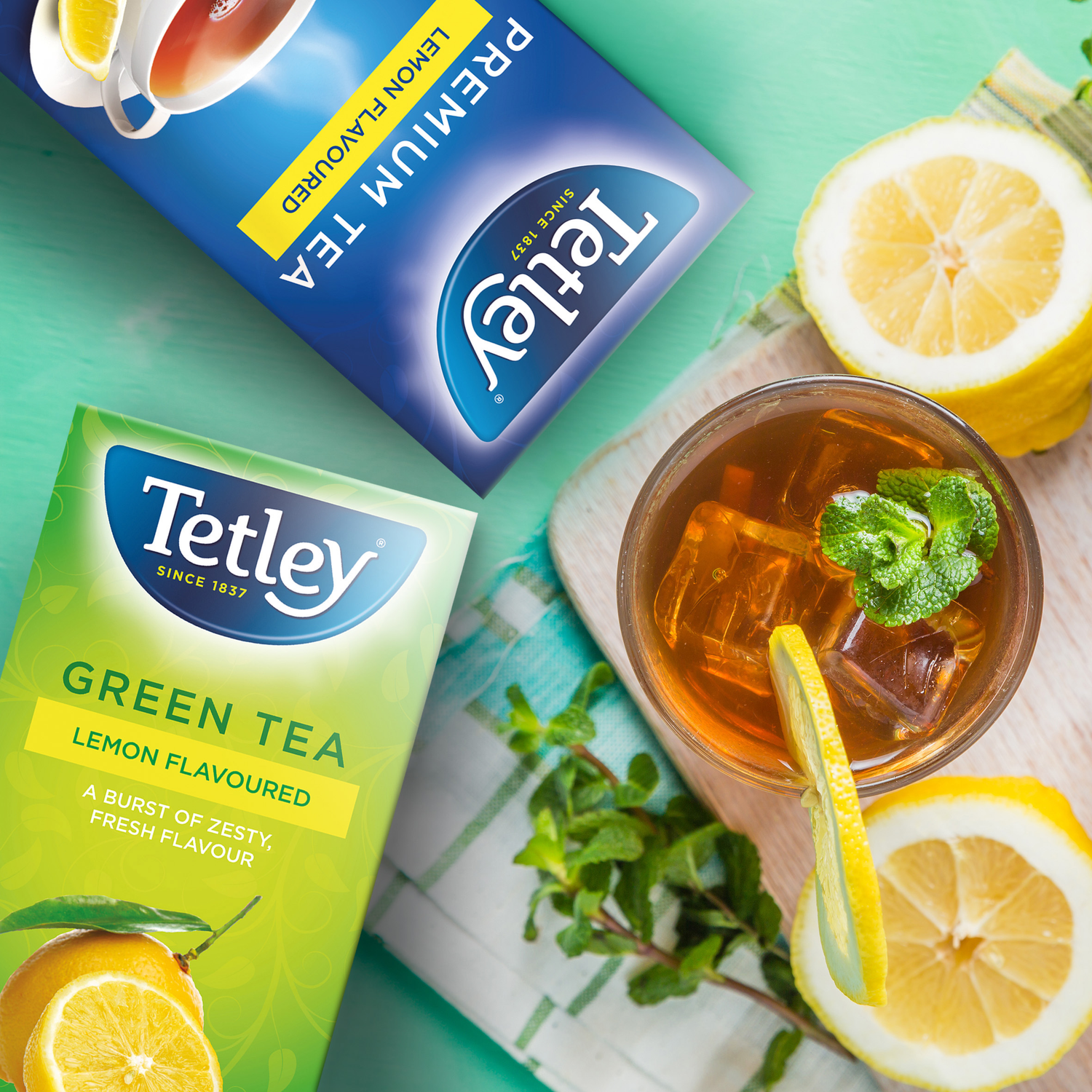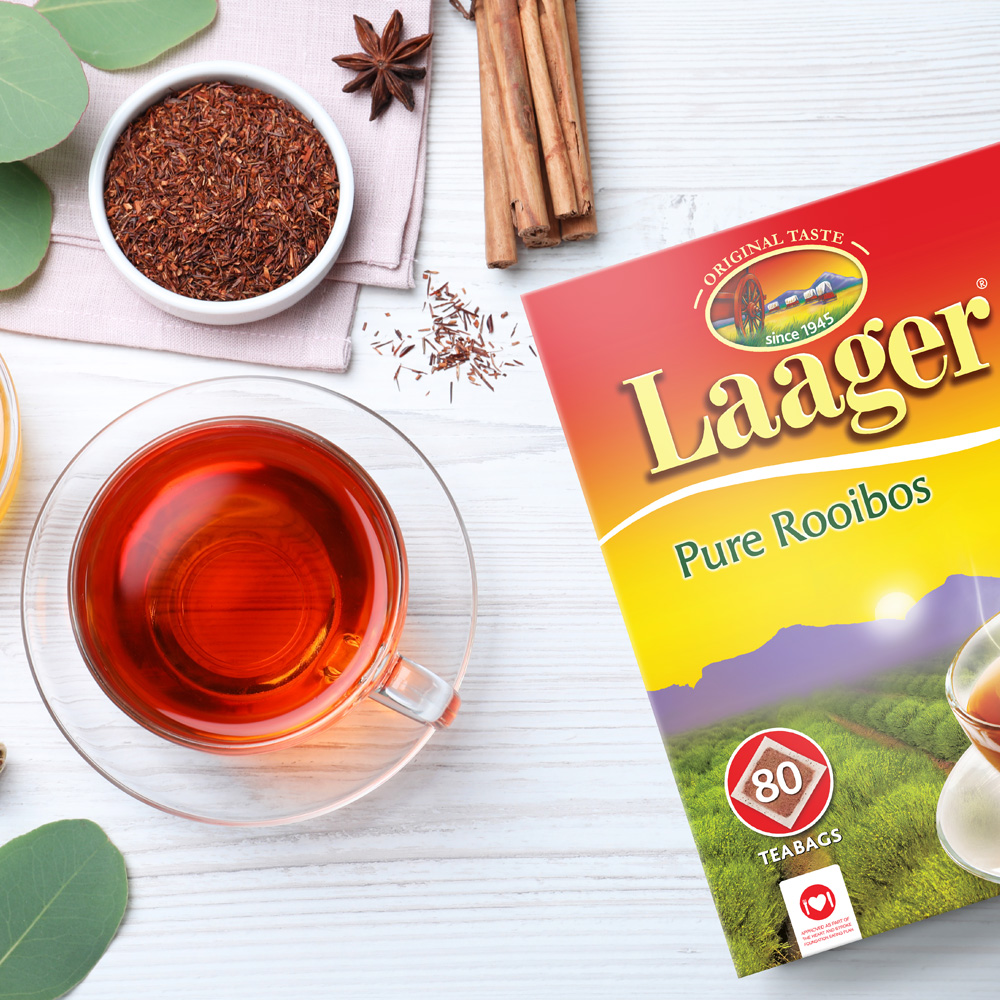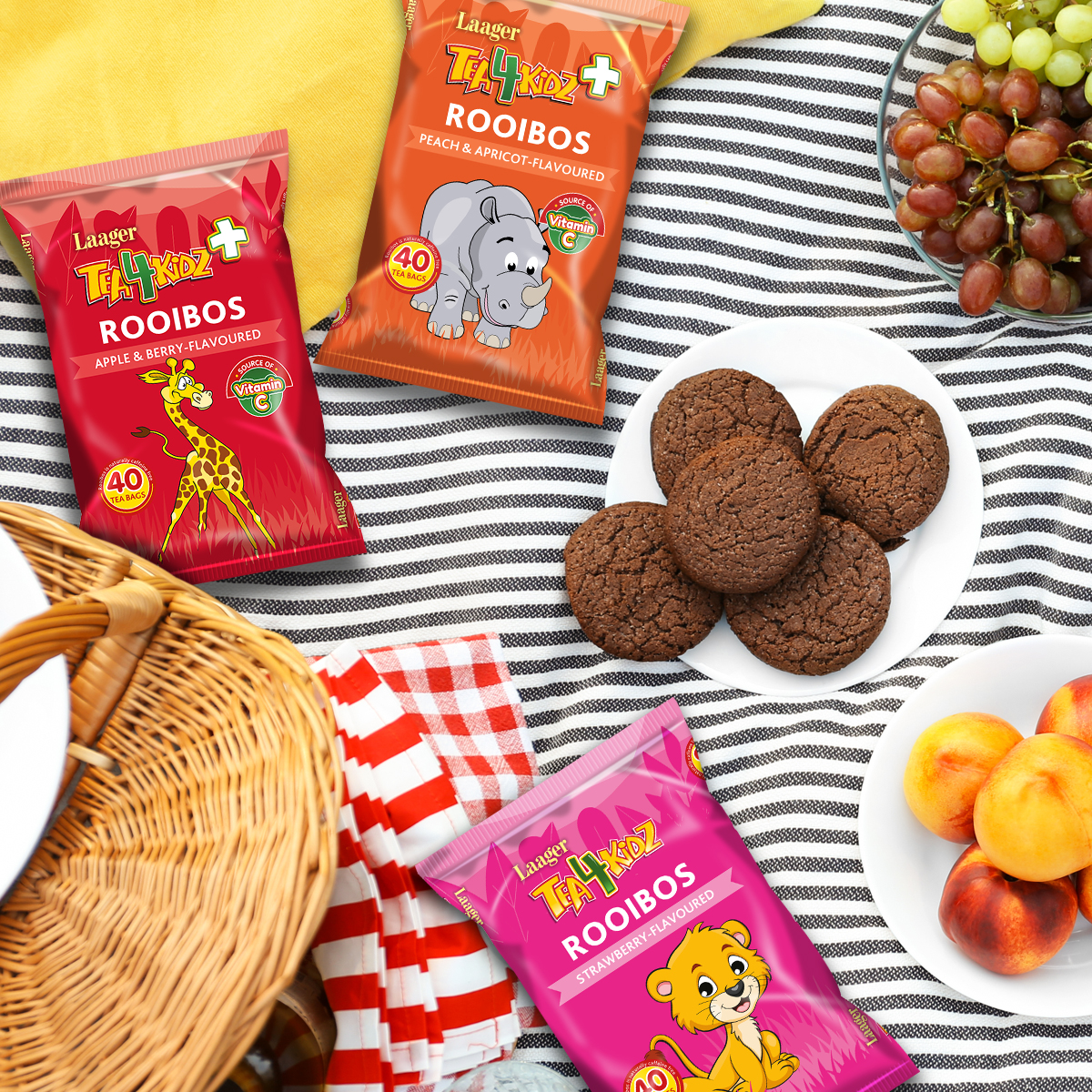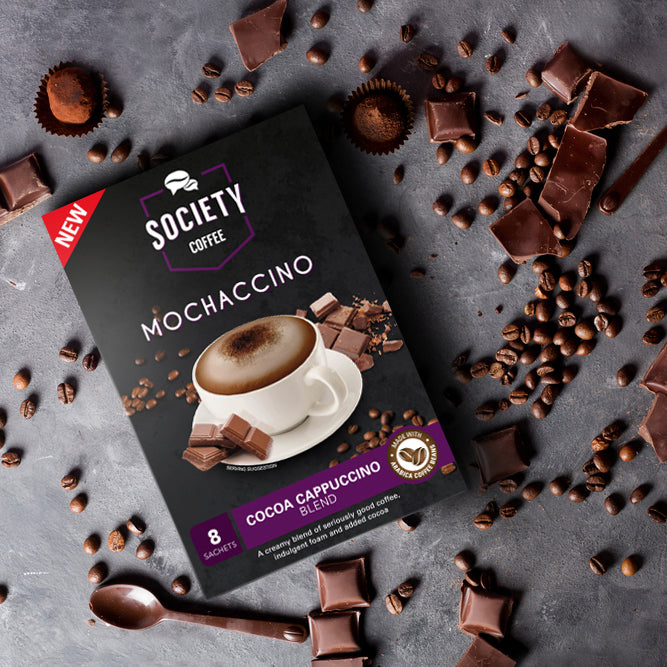South Africa is a diverse country made up of vibrant, multicultural communities. This cultural richness is evident in the many languages, dialects, phrases, and expressions that make South Africa so unique. The recent addition of South African Sign Language to the country’s 11 existing official languages creates even more opportunities to connect. To celebrate the latest addition and encourage more connection this Heritage Month, Society Cappuccinos is teaching everyone to say ‘hello’ in all 12 official languages!
“The Society Coffee brand is all about driving connections between people, breaking down any barriers, and simply taking the time to get to know somebody new,” explained Candice Sessions, Society Marketing Manager. “Learning a new language is one of the best ways to break down barriers and connect, and it all starts with a simple ‘hello’.
“We’re so fortunate in South Africa to have so many cultures and languages to learn from, and Heritage Day is about celebrating one’s own heritage, while also acknowledging and celebrating the heritage of those around us. Greeting people in their Mother Tongue is the first step to building connection and community, which is why we’re teaching South Africans to say ‘hello’ in all 12 official languages.”
Say ‘Hello’ in South Africa’s 12 official languages
1. South African Sign Language (SASL) : Check out the Real South Africa Sign Language.
In July 2023, President Cyril Ramaphosa signed into law the South African Sign Language Bill to welcome sign language as the country’s 12th official language, promoting the rights of persons who are deaf and hard of hearing.
According to World Atlas, South Africa is the 41 st country to recognise sign language as an official language.
2. isiZulu : Sawubona
This Nguni language is the most widely spoken language in South Africa being the home language for close to a quarter of the population. It is the dominant language of KwaZulu-Natal and was spoken by the world-famous historical icon, King Shaka Zulu.
3. isiXhosa : Molo
This is the dominant language of the Eastern Cape and the second-most spoken language in South Africa after isiZulu. It’s an Nguni language with some influence from the Khoekhoe languages. isiXhosa was the native language of South Africa’s most famous citizen and the father of the nation, former President Nelson Mandela.
Fun fact: In the movie Black Panther, isiXhosa is spoken by the actors. The reason is that South African actor, John Kani, who plays T’Chaka, the old king of Wakanda, insisted on changing some lines from English to isiXhosa when speaking to his son.
4. Afrikaans : Hallo
Afrikaans is a version of Dutch that evolved from the South Holland dialect first brought to South Africa in the 1600s.
Afrikaans has drawn on influence from many languages over the centuries, including English, French and German.
5. English : Hello
Despite being a first language for less than 10% of the population, English is widely used in urban areas as the common form of communication, and has been an official language of South Africa for over a century.
6. Sepedi : Dumela (to one) / Dumelang (to many)
Sepedi is also known as "Sesotho sa Leboa" with many native speakers considering Sepedi to be a dialect of Sesotho sa Leboa. It is South Africa’s third most-spoken language used mainly in Limpopo.
7. Setswana : Dumela (to one) / Dumelang (to many)
This is the native language Northwest province and South Africa’s neighbouring country Botswana.
Setswana is the Tswanaic language in the Sotho-Tswana sub-family which it shares with Sesotho and Sepedi.
8. Sesotho : Dumela (to one) / Dumelang (to many)
The majority of Sesotho speakers live in the Free State which is found on the north-west border of Lesotho, a country where Sesotho and English are the official languages.
9. Xitsonga : Avuxeni
This is a lesser-known language spoken mainly on South Africa’s northeast border alongside Mozambique – where it
is also spoken. It falls within the Nguni-Tsonga language sub-family but is alone in the Tswa-Ronga language group.
10. siSwati : Sawubona (to one) / Sanibonani (to many)
SiSwati is another Nguni language which is spoken mostly in Mpumalanga which sits on the eastern border of the Kingdom of Eswatini (formerly Swaziland).
11. Tshivenda : Ndaa (for males) / Aa (for females)
Tshivenda is a standalone language among South Africa’s major African
languages, falling into the broader Sotho-Makua-Venda sub-family, but not forming part of the Sotho group. It is
mostly spoken in the far northeast of Limpopo.
12. isiNdebele : Lotjhani / Salibonani
IsiNdebele – also known as Southern Ndebele - is part of the Nguni languages like isZulu, isiXhosa, and siSwati with most speakers confined to Mpumalanga and Gauteng. It is an Nguni language like isiZulu, isiXhosa and siSwati.
Source: www.southafrica-info.com
Say ‘hello’ over a cup of Society Cappuccinos or Mochaccinos - available at a variety of leading supermarkets! For online shoppers, or those wanting more information, Society Cappuccinos can be found at www.joekels.co.za or on Takealot. Otherwise, join the conversation @oursocietycoffee on Facebook and Instagram.
/ENDS
|
About Joekels Joekels pack, blend and distribute some of South Africa’s most popular household tea and coffee brands including Tetley, Laager, Tea Time, Tea4Kidz, and Society Coffee. Started in 1994 by businessman, Joe Swart and Master Tea Blender, Jonathan Kelsey, Joekels is an award-winning business with both Halaal and Kosher accreditation, as well as the highest global food safety and quality certification, FSSC 22000. The Laager Rooibos brand is accredited by the Heart & Stroke Foundation of South Africa. Visit www.joekels.co.za |





